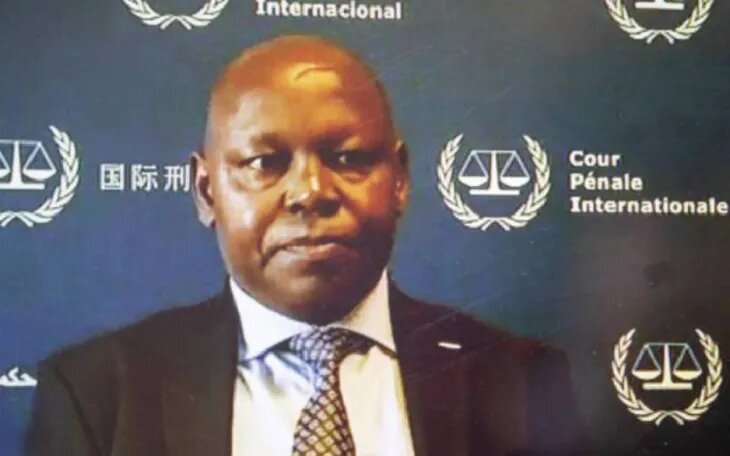Gicheru’s case at ICC hangs in the balance after lawyer’s death

An international criminal case against lawyer Paul Gicheru may have hit a dead end following his demise on Monday.
Gicheru, who died at his home on Monday evening, was awaiting a verdict in the trial, which took place in The International Criminal Court (ICC) from February to June.
The lawyer had pleaded not guilty to eight counts relating to bribery and corruptly inducing witnesses to interfere with justice in a case against President William Ruto and journalist Joshua arap Sang that was dismissed in 2016.
With news of his death, it is not certain whether the Hague based court will read the judgment. Under the ICC’s guidelines, a verdict is issued within 10 months after the trial ends.
The death now brings a new twist to the case which is connected to the 2007/2008 post-election violence.
ICC’s prosecutors had called eight witnesses to testify against Gicheru with some linking Ruto to the bribery claims.
According to Harvard-trained lawyer Morara Omoke, the ICC statute and rules are silent on the issues regarding what should happen when an accused person dies before judgment is delivered.
“They have to study the national criminal system relating to different jurisdictions and criminal law legislations and also consider academic writing to find the most appropriate legal position,” he said.
“In the US there is a doctrine of abatement ab initio which is recognized virtually in every federal Court of appeal that when a person has been found guilty dies when an appeal of their conviction is pending the conviction becomes null and void…however, the supreme court of Massachutes recently decided that this doctrine is outdated and it is longer in consonance with the circumstances of contemporary life,” he added.
Lawyer Ashford Mugwuku says criminal cases are generally personal in nature and with the death of an accused, it dies with the person.
He, however noted that because of the nature of the charges at the ICC, and considering the nature of the charges, the court might render the judgement because of the international and public interest.
“There is no express provision but for purposes of future and benefit of the international world and in view of the great public and international interest, the judges may proceed to render the judgment in the matter despite the death,” he said.










